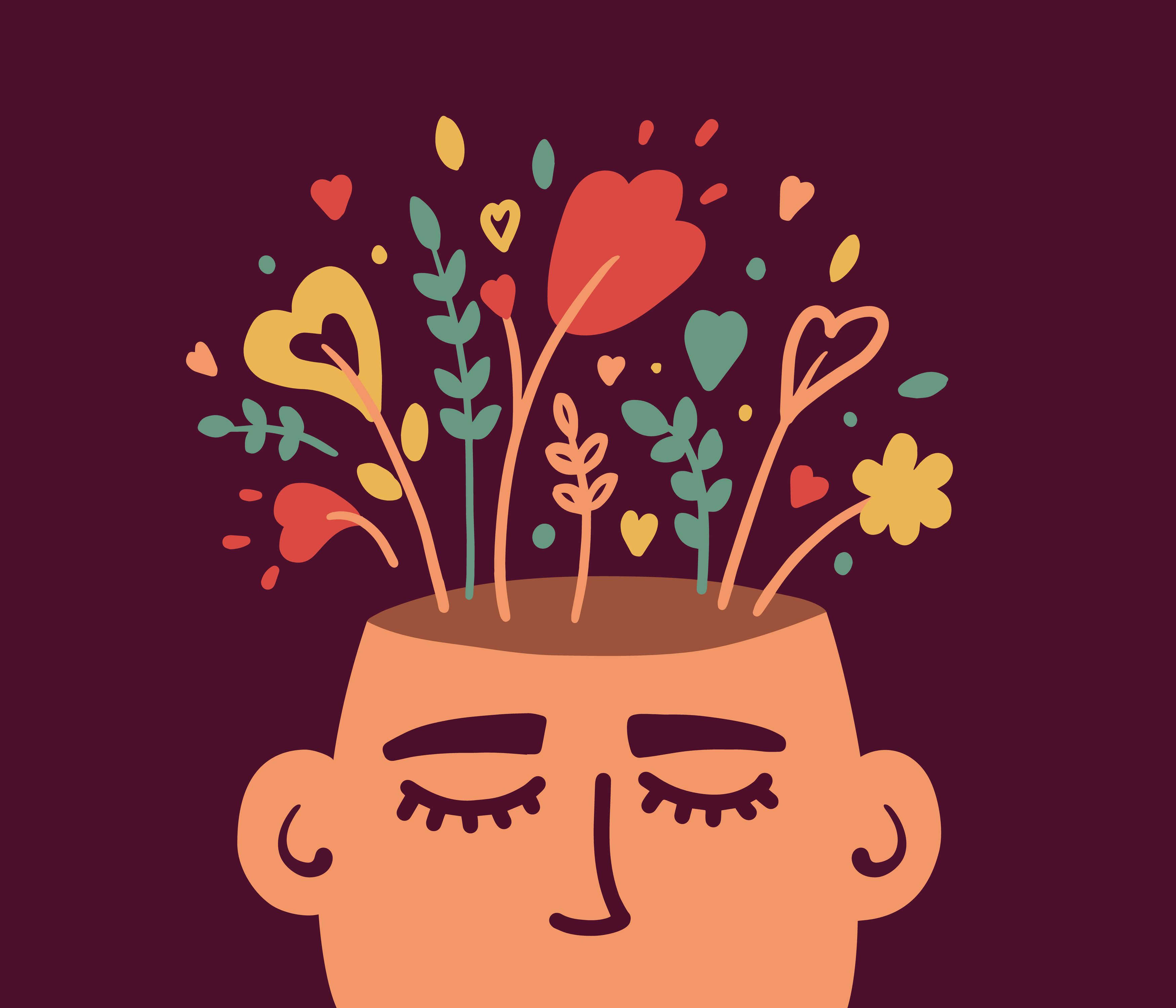
HOW TO REMAIN IN PEACE
“We are all a part of the unified whole. Without establishing that connection we
are not complete and cannot have peace too”, said Dr Krishna Dutt in the
knowledge sharing platform Chinthana on the topic, ‘how to remain in peace’. He
also added that, “the connection with the unified completeness can be obtained
with the help of yoga sutras given to the world by Patanjali”.
THE YOGA SUTRAS OF PATANJALI ARE A COLLECTION OF SANSKRIT SUTRAS (APHORISMS) ON THE THEORY AND PRACTICE
OF YOGA.
Excerpts from this week’s session:
➢ The Yoga Sutras are best known for its reference to ashtanga, eight
elements of practice culminating in samadhi, concentration of the mind on
an object of meditation, namely yama (abstinences), niyama (observances),
asana (yoga postures), pranayama (breath control), pratyahara
(withdrawal of the senses), dharana (concentration of the mind), dhyana
(meditation) and samadhi (absorption).
➢ Yama (Abstinences) –
• Practice Ahimsa (Non-violence)
• Satya (Truthfulness)
• Brahmacharya (moderation of the senses)
• Aparigrah(non-greed)
• Asteya (non-stealing)
➢ Niyamas (Observances, which have to be followed) –
• Practice Suchita (Cleanliness, purity of body, mind through our
thoughts, speech and actions)
• Santosh (Contentment)
• Svadhayaya (Self-reflection)
• Tapas (Self-discipline, to enhance your tolerance levels)
• Ishvarapranidhana (Surrender to the ultimate authority)
➢ Yoga is a life style. Asan is to strengthen your physical body.
➢ Pranayam – breathing exercises
➢ Pratyahara – withdrawal of the senses
• Indriya Pratyahar – control of the senses
• Prana Pratyahar – control of the prana
• Karma- Pratyahar – control of the action
• Mano -Pratyahar- control of the mind
➢ Dhyana – Concentration of mind
➢ Samadhi – final state, absorption
➢ We live in the era of OVER INFORMATION, OVER COMMUNICATION,
OVER ENTERTAINMENT – THE ICE AGE
➢ As we are in the ICE AGE, take care of D R E S S
• D – Detoxification – prevail yourself from non-sensical talk or leave
the place when you want to avoid irrelevant talk or pretend to be
absentminded
• R – Right – Remain right but don’t prove that you are right. Don’t
justify yourself. Those who know you, don’t need justification, and
others will not believe your justification
• E – Esteem (SELF) – Protect your self-esteem, Practice being calm,
self – introspection, reflective thinking
• S- See – See yourself, your internal world, don’t get effected by
external world.
• S – Spirit/Soul/Self – Regard the role, respect the soul. Remain souloriented.
➢ When we keep in mind the aforesaid points, the Yamas, Niyamas are also
taken care of
➢ Uncertainty is inevitable, worrying is optional. Our mind’s tendency is to
make everything certain, but accept the uncertainties of life.
➢ No one has access to your inner peace; it is your reaction to others actions
that can disturb your peace. Desensitise yourself with other’s actions.
➢ Don’t try to control your mind, thoughts have to keep flowing, be least
effected. Do not have to fight with yourself.
➢ Nobody can make you feel inferior without your consent.
➢ Four ways – maitri bhav(friendship), muditha bhav(appreciable joy),
karuna bhav(empathetic, compassionate), upeksha bhav(detachment)
➢ Keep yourself engaged, share your worries with a good friend, cultivate a
creative hobby.
➢ Drive yourself thoughtfully and mindfully, the rest will be taken care.
➢ Gratitude/Gratefulness is the essence of life. Be thankful to the abundance
of life.





